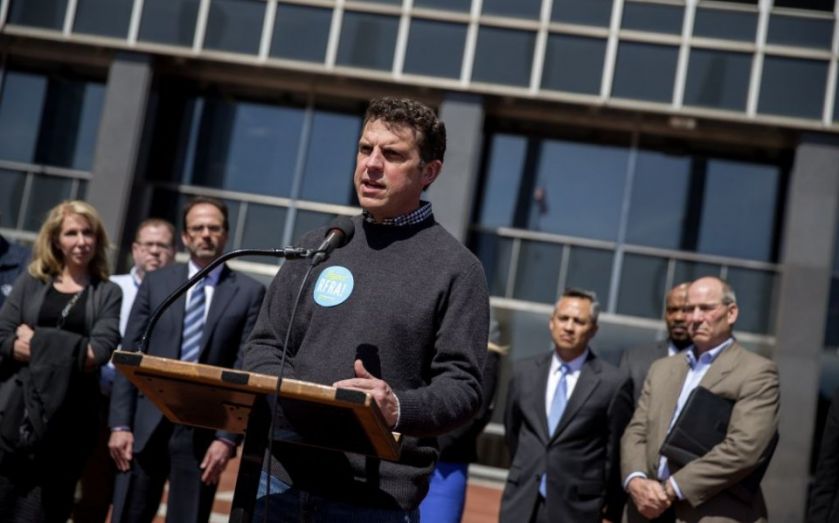Hiring an ex-politician as a non-executive director could actually help your business

With 50-odd MPs retiring at this election, what's a former politician to do with their free time?
They could do worse than go into business, a new study has suggested: in fact, appointed a former politician can do great things for a company.
By looking at more than 300 people who moved between public companies and politics over a 15-year period in the US, a team of researchers at the University of Missouri found that on average, a former politician entering a leadership position at a public company boosted its stock price by 3.6 per cent each year afterwards.
On top of this, the researchers found that companies hiring politicians as bosses tended to be those with stagnant growth opportunities, highlighting how much of an achievement is made by such a boost in stock.
So what makes politicians so good for business? The lead authors of the study reckons they can use their government contracting and regulatory experience to stimulate profitability. The best politicians-turned-business people tended to come from cabinet secretary roles.
Bill Oesterle, a Republican who managed Mitch Daniels's first election campaign in 2004, provides an example of how such a move can lead to success. He left politics to focus on his consumer review website Angie's List, which is now an established and prosperous company. Meanwhile, former Conservative deputy prime minister Lord Michael Heseltine owns Haymarket, a thriving publishing business.
Business to politics doesn't turn out as well
A similar trend was not observed in the other direction – former bosses did not make better politicians.
"We found that the value created for firms is much greater when individuals move from politics to the board or executive team rather than the other way around," said Reza Houston, a lead author of the study.
"In the US, most politicians tend to recluse themselves from any decisions or votes involving their former companies. On the other hand, many politicians who have been retired from public office for a few years continue to engage in lobbying activities, developing a solid network of important connections for certain industries. The former politicians who provided the most value to public companies were former cabinet secretaries."
However, it's worth pointing out that in the UK, the Advisory Committee on Business Appointments states that a former minister must have spent two years out of the House of Commons before they can enter a public business, unless they apply for advice from the body – so this batch of departing MPs, which includes Sir Malcolm Rifkind and Tessa Jowell – is likely to be off-limits for the time being.